Bisphenol A (BPA) is used to enhance the durability of plastics and can be found in food contact materials, toys, and other plastic products. The downside is that Bisphenol A also have a negative health impact, which is why the substance is subject to bans and restrictions in the European Union.
This guide explains how regulations such as the Use of Bisphenol A in FCM Regulation (EU) 2024/3190 and the Toy Safety Directive restrict the use of Bisphenol A.
Continue reading Bisphenol A (BPA) Regulations in the European Union: An Overview


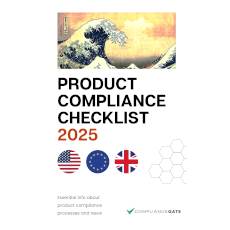
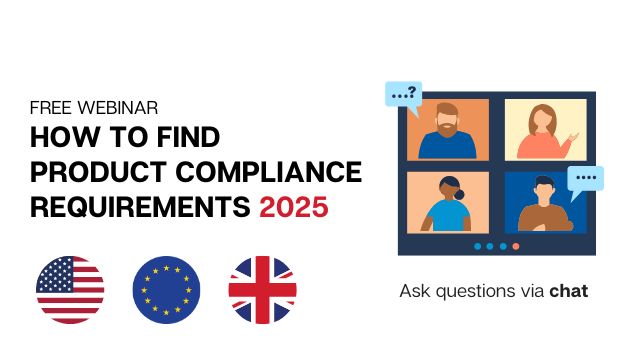
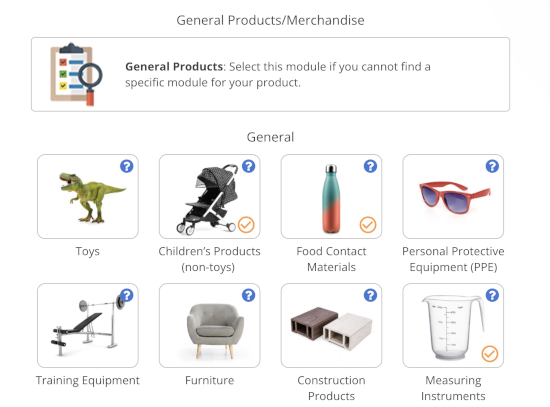


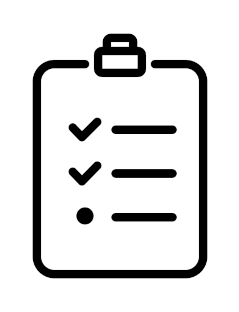



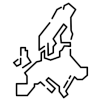

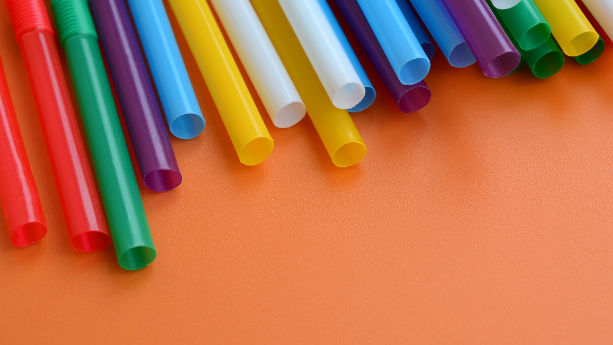


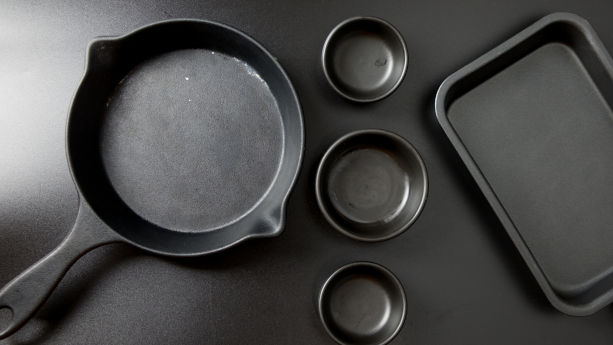

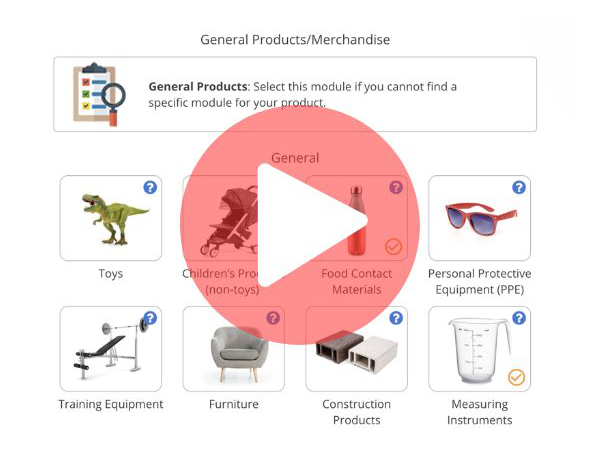
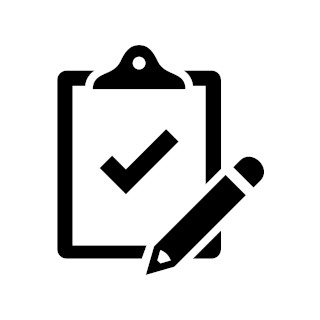 Create compliance checklists for your product (US, EU & UK)
Create compliance checklists for your product (US, EU & UK) 20+ product certificate templates
20+ product certificate templates Create label files
Create label files Book product testing
Book product testing